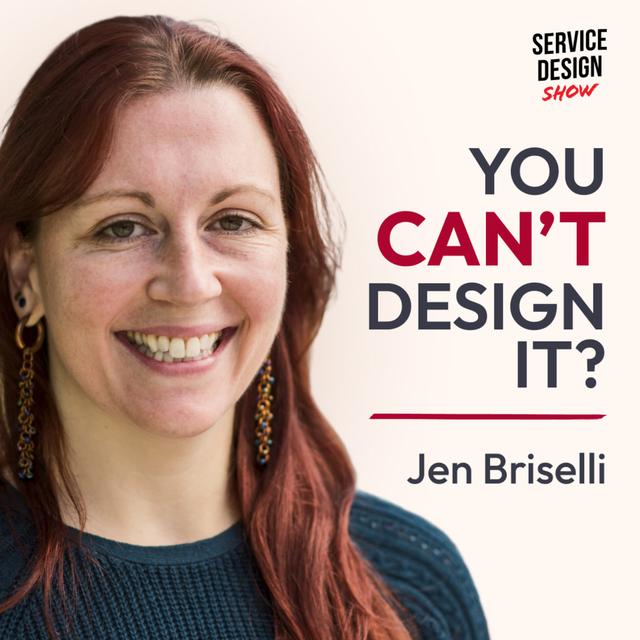
How to Create Change That Actually Sticks / Jen Briselli / Ep. #231
Episode description
What's the last time you did something you didn't know how to do...
For me, it was last week when I took up the idea of building custom Cornhole boards (fun and addictive sport, look it up) with my kids.
My woodworking skills are limited, at best. And that's one of the reasons I decided to take on this project.
I can tell you, now in the midst of the process, that I've already made a dozen small mistakes.
However, going out of my comfort zone and doing something for the first time is weirdly what gives me a great sense of joy and satisfaction.
Next to having my own custom Cornhole boards at the end of this project I'm sure that the skills, experience and knowledge I'll have gained will be useful somewhere further down the line.
So in my personal life, I try to create a lot of space for these types of projects. (Sometimes a bit too much space if you ask my wife.)
But what if the environment you're in is explicitly designed to stay in its comfort zone... as much as possible?
The reality is that most of the organizations we work with as service design professionals are exactly just that.
They are designed to keep things stable, controllable, and predictable.
The incentives are basically to keep doing what we've been doing, but just do it faster and cheaper.
So for us, who are in the business of experimenting and trying things out in order to drive positive change, that's a serious problem.
It's easy to become frustrated with the organization's lack of risk-taking.
Fortunately, there are more productive things that you can do instead of getting frustrated.
Yes, even in those situations where the appetite for risk-taking feels non-existent.
In this episode, we chat with Jen Briselli, who's an expert at growing a learning, adaptive, and dare I say even a bit more playful mindset within organizations.
As all change starts within ourselves, we explore what you can do to increase your appetite for risk and uncertainty.
We explore ways to be more adaptable, even in systems designed to resist change.
And why breaking through some of the common roadblocks in order to be more playful might not be as hard as you think.
This is a great conversation for anyone who wants to drive change with more impact and ease. Ready to jump in?
One of the insights that stuck with me is that we have more agency than we often think to shake things up a bit inside organizations.
We're active participants in these systems, not passive bystanders, and everything we do has a ripple effect.
Enjoy and keep making a positive impact!
~ Marc
--- [ 1. GUIDE ] ---
00:00 Welcome to episode 231
05:00 Designing Conditions for Emergence
07:00 A Shift in Receptivity
09:00 Jen's Professional Journey & Inspirations
11:00 Jen's Unique Path
18:00 Why Systems Resist Change
24:00 Creating Space and Slack
26:00 The Nature of Adaptive Capacity
29:00 "Wedge in the Door" & "Doorknob Moments"
36:00 Observing Adaptive Behaviors
40:00 Embracing the Disorienting Dilemma
45:30 Confidence in Navigation
52:45 Play, Risk, and Surviving Existential Threats
56:30 Small Actions, Big Impact
58:30 Key Takeaway: "But Did You Die?"
1:00:00 Creative destruction
1:01:45 Reflection Question
1:02:00 Connect with Jen Briselli
--- [ 2. LINKS ] ---
--- [ 3. CIRCLE ] ---
Join our private community for in-house service design professionals.
https://servicedesignshow.com/circle
---[ 4. FIND THE SHOW ON ] ---
